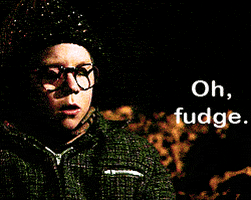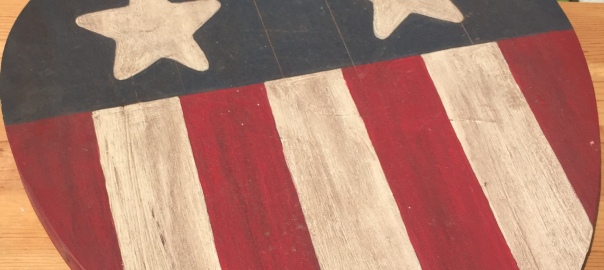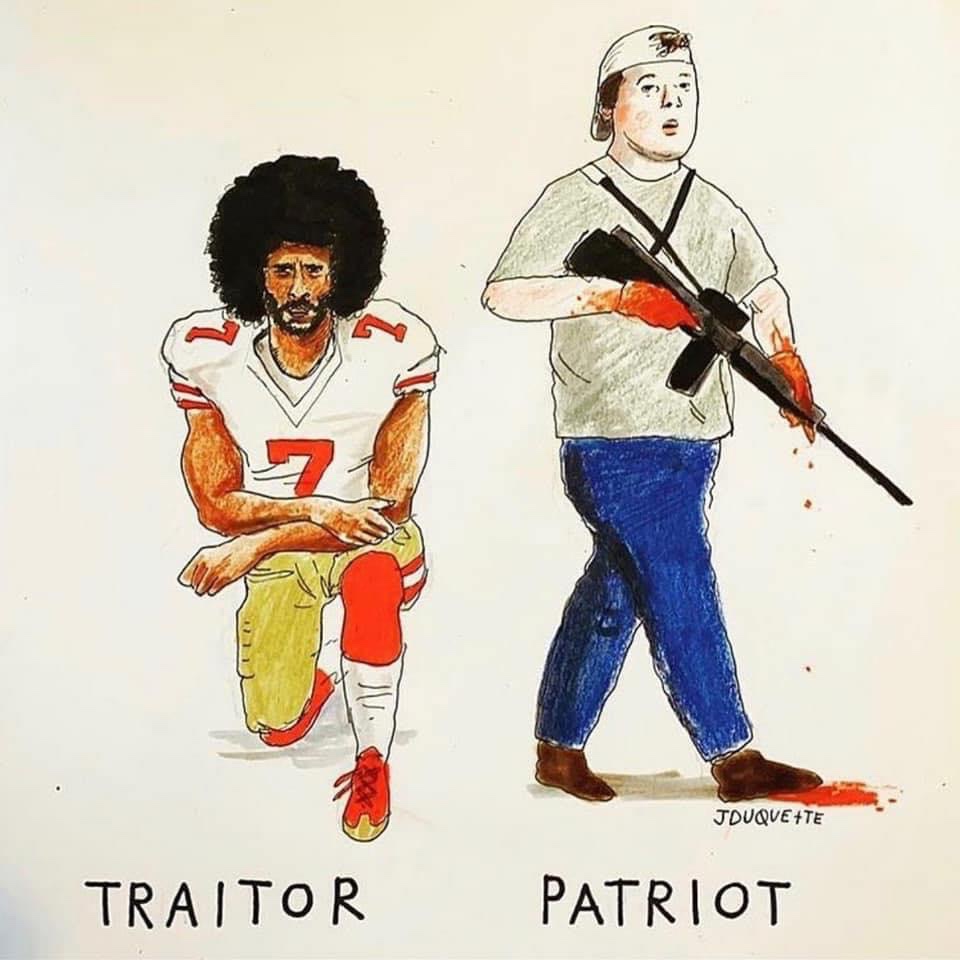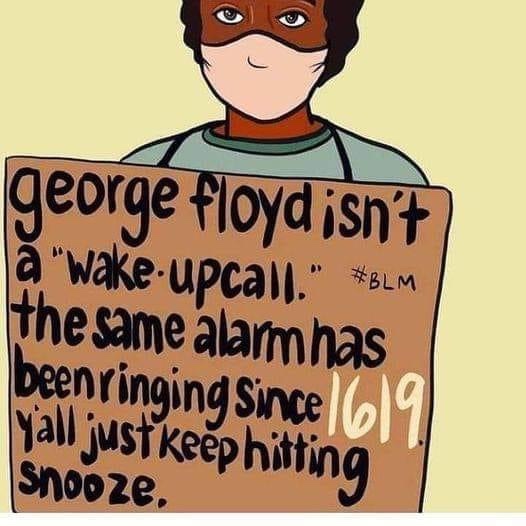Every dues paying union member has their own reason for joining a union. For most, their shop was a union shop before they were hired. It’s likely they had no choice. The dues were not negotiable but their benefits had already been negotiated.
Depending on the industry, a member could belong to any of the various types of unions. Labor unions and professional associations have but one thing in common: their advocacy for their members. Often, even non-dues paying members benefit from the working conditions and contracts that are negotiated in the work place that they share.
My father was in the Pipe and Steamfitters Union. My first real job mandated my membership in the United Food & Commercial Workers Union. On Labor Day following my high school graduation, the Governor presented a scholarship to me from the AFL-CIO. Shortly after I graduated from college, I became a member of the Probation Association of New Jersey. But because the union I had been in for nearly seven years provided me with safety, salary, and comfort, I held on just a little while longer. This time I was a member of TWO very different unions. I understood their value. It wasn’t long before I pushed limits in one and became the local president of another.
Despite basking in the love of union benefits his whole life, my father was not in love with union leadership. Sadly the very day I celebrated being elected as represent my union family, my own father died. The events all together left a marker on my heart and soul. In those moments, supporting unions was more than just patriotic (according to my father), it was necessary to thrive as a middle class worker.
At that pivotal moment, quitting my role as a union leader was not an option. But preserving my dignity was difficult, especially when my zest was challenged by management. But infants bite hard when cutting their teeth. I was no different! I grieved my losses and filed grievances for my union family.
But thinking I was advocating for them (as a leader) was a misnomer—a fallacy and an injustice. I fought hard not just because I could, but because I should. I fought hard for others because that’s what I would have wanted for me. Unsurprisingly, management’s only recourse was to offer me a position on their team. Of course I rejected their offer. But when I was more enthusiastic than the people I represented, it was no wonder that my efforts would eventually be in vain.
I became the office pariah, transferred, demoted, and stifled—an example to anyone else who spoke up and spoke out. Our union lawyers couldn’t build a case against management prerogative. When I left to another agency, all I brought with me was my pension. The contents of my desk have still not been recovered.
My next job cradled me in the comfort of the Clerical Workers Union. It was not ironic that my job entailed me preserving families in crisis. In fact, my clients were the same— just receiving different interventions. From my old role I was gone, but not out of sight.
Here, the clerks were the union leaders, advocating for the social workers who often found themselves in perilous conditions. They negotiated for their union brothers and sisters who worked longer hours and were often compensated accordingly. And yet they served at the whim of their managers on a daily basis. The skills required to manage these contrasting tasks simultaneously are uniquely keen. I was not equipped to lead, so I learned to follow.
Discontent in my job and a growing need to do more promoted me to become an educator. This led me to my current career. The cost of union membership was greater than I had ever been required to pay. I didn’t question it, but I learned over time how valuable those benefits could be. The amount of perseverance I endured was far greater than in my previous career. When I was finally able to question practices and policies that had been negotiated regularly, I was again preparing to lead.
Sometimes we don’t know our contract or our rights until they’ve been broken or withheld. Our growth is eminent but on par with our injury. I questioned authority. I was non-renewed a week later. Tenure is a bastard of a protection. It’s earned and not given. And many know the struggle. In that moment, I challenged management. It wasn’t pretty. It wasn’t fulfilling.
I recall that my supervisors comment was, “no bother, I wasn’t going to recommend you for tenure anyway…”
My response, “…no bother, I wasn’t going to recommend you for Supervisor of the Year.”
Forgetting that I did not work in the private sector, I attempted to speak with my supervisor’s boss for clarity. How could I have forgotten to seek my union first? My shop stewart reminded me shortly after my reprimand. For the record, I won’t sign write-ups. 🤪
Humbled, it took me years to muster the courage to speak up again for general principle. But it wasn’t long before my professional ethics were challenged by a relentless manager. I don’t know why it took so long for me to realize that managers and worker bees do not share the same objectives. Obedient bees make the honey. Insistent managers make the money.
Once again in my career, I did not expedite a command of my boss quickly enough. This resulted in me needing my union representative. I was being written-up for not writing-up a student (instead of teaching my class like I was hired to do). A week later, contracts were renewed and I missed the cut (again).
But what I learned this time was that bridges will be crossed again. I did not fight. I did not resist. I waited. I was rehired and I flourished. As a ten-month employee, I manage to endure about eight months before that chip on my shoulder gets too heavy.
I encountered that boss that was my previous supervisor. She was surprised to see me again. She greeted me. What she said next, I can’t be sure whether it was for me or her own edification.
“I just want you to know that the decision to let you go last year had nothing to do with me writing you up,” she said with a smile.
I hadn’t a union rep or even a good friend to keep me from saying what I said next, “please remember that you never know what someone is going to endure next. Keep THAT in mind the next time you reprimand someone!”
Two years later she was my supervisor again. She was incorrigible and relentless. It was not time for me to rely on my union. Instead it was time for me to invoke the powers of the union.
This is not simply a matter of chatting with my labor rep, or reviewing the contract, or even becoming union leadership. No! It was time to engage, get involved, learn, practice, read, DO!
Every time I was counseled, reprimanded, warned, coached, threatened, written-up…these all became badges of courage. Written warnings? I had a lot of them. None of them subjective. All of them resulted from my refusal to bow down.
I have had several different supervisors since. Although my work location doesn’t change anymore, the circumstances in my work spaces evolve annually. I’ve seen many bosses come and go. The working conditions don’t always improve.
I don’t request grievances be filed (nor do I file them myself). I don’t help negotiate policy or contracts even though I help others understand the process. Instead I go to profession developments. I go to leadership conferences and delegate assemblies. I listen to related conflicts and advocate for my colleagues. I don’t just create change. I empower others!
To be an employee anywhere us to endure unpleasant working conditions. To be a union member means that you have support to address those working conditions. Every union member can recall “that moment” when the contract was compromised. Every union leader can recall “that moment” when a manager provoked them enough to get more involved. We all have our stories. What is yours?















